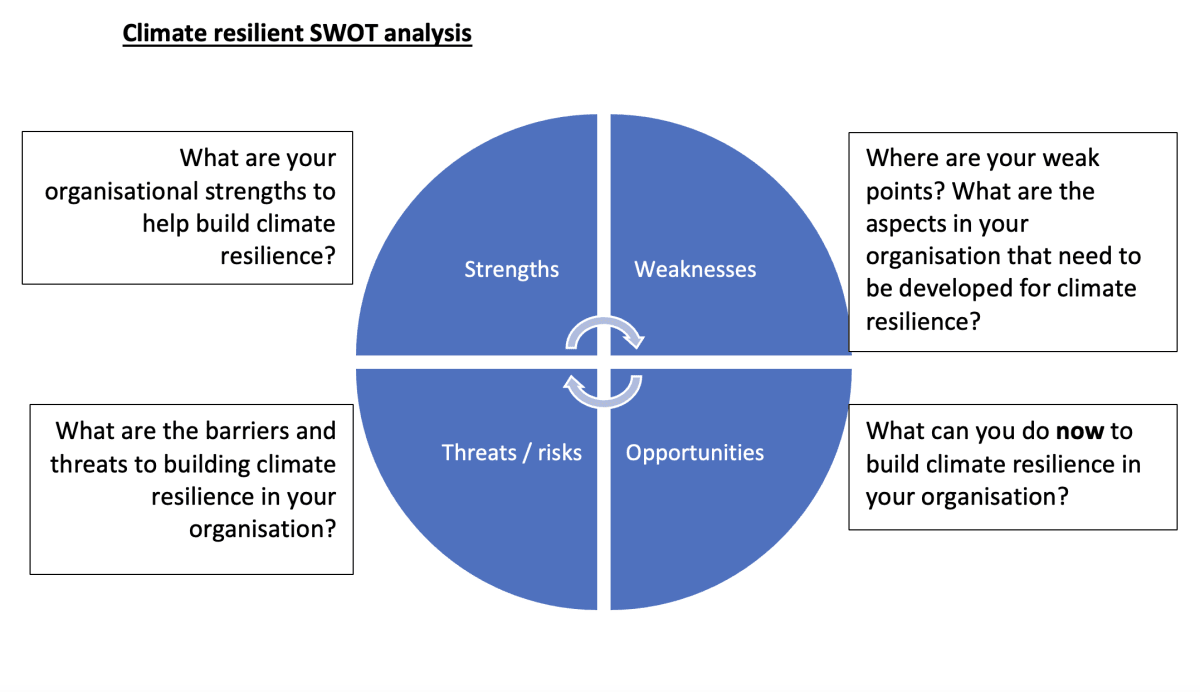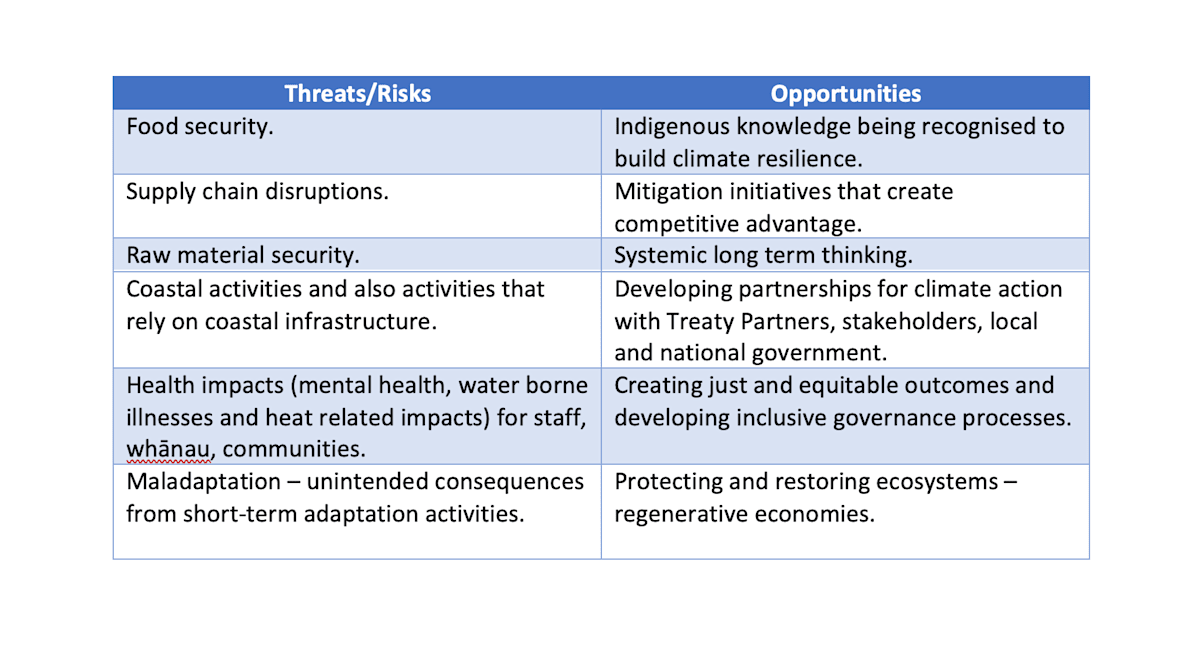
Transforming to a climate-resilient economy needs inter and intra-generational equity and eco-system thinking – and based on the latest IPCC report it needs to start today.
Comment: The latest Intergovernmental Panel on Climate Change report clearly signals businesses need to transform into climate-resilient organisations, and they need to do it now.
The report adopts a systemic approach to understanding the current impacts from climate change to understand the climate risks, hazards and vulnerabilities. It is recognising multiple knowledges, feasibility and inequities.
Underlying the report is the notion of transformation. To address those impacts, systemic transformation is necessary and urgent.
There are many messages from this report. A key point for business and policy to take heed of is, first, to be planning ahead – many of the risks are known now with high confidence and planning will be more effective.
This is not just about those billion people who are living in at-risk coastal areas but also the 3.4 billion people who live in rural areas that are vulnerable to climate change impacts as well.
The call for integrated planning and partnerships across local, national governments and iwi as well as community grassroots and community leadership will be essential to bring about the transformation discussed in this report.
More emphasis is needed on developing and small island states, especially financial support for adaptation measures. Indeed the report clearly identifies the inequities across the globe and the urgent need for these to be addressed.
Finally the issue of maladaptation is raised. These are defined as actions that lead to unintended climate-related consequences. The report suggests being careful not to lock in responses that are short-term and non-systemic that might have maladaptive consequences. It is considered important to include biodiversity, and “multi-sector, multi-actor and inclusive planning”.
To summarise the report for business, I would encourage organisations to look inwards and examine their organisational strengths and weaknesses in relation to becoming a climate-resilient organisation while considering the threats/risks and opportunities from the external environment.
The IPCC AR6 ii report frames the transition as shifting from thinking about climate change to climate-resilient development. There is benefit in breaking down the urgent journey for climate resilience into a process that is already familiar for organisations so that they can begin to incorporate climate change resilience (both mitigation and adaptation) into everyday organisational activities and strategising.
Building climate change needs be embedded in the organisation at all levels and become part of the organisational processes and everyday practices.
The chart below shows one way that businesses can to start to enact climate-resilient development:
In addressing the threats and risks and the opportunities (see graph below) a thorough and continuous environmental scan is necessary.
A long-term orientation and systemic thinking will be required to move towards climate-resilient development.
These are aspects often seen in Māori businesses that adopt aspects of kaitiakitanga and an inter-generational (whakapapa) kaupapa. However, all businesses, to really be able to respond to sustainability and move towards low carbon to deal with the impacts of climate change, will need to move away from short-term thinking and an entity-based approach.
Transforming to a climate-resilient economy needs inter and intra-generational equity and eco-system thinking – and based on this report it needs to start today.









